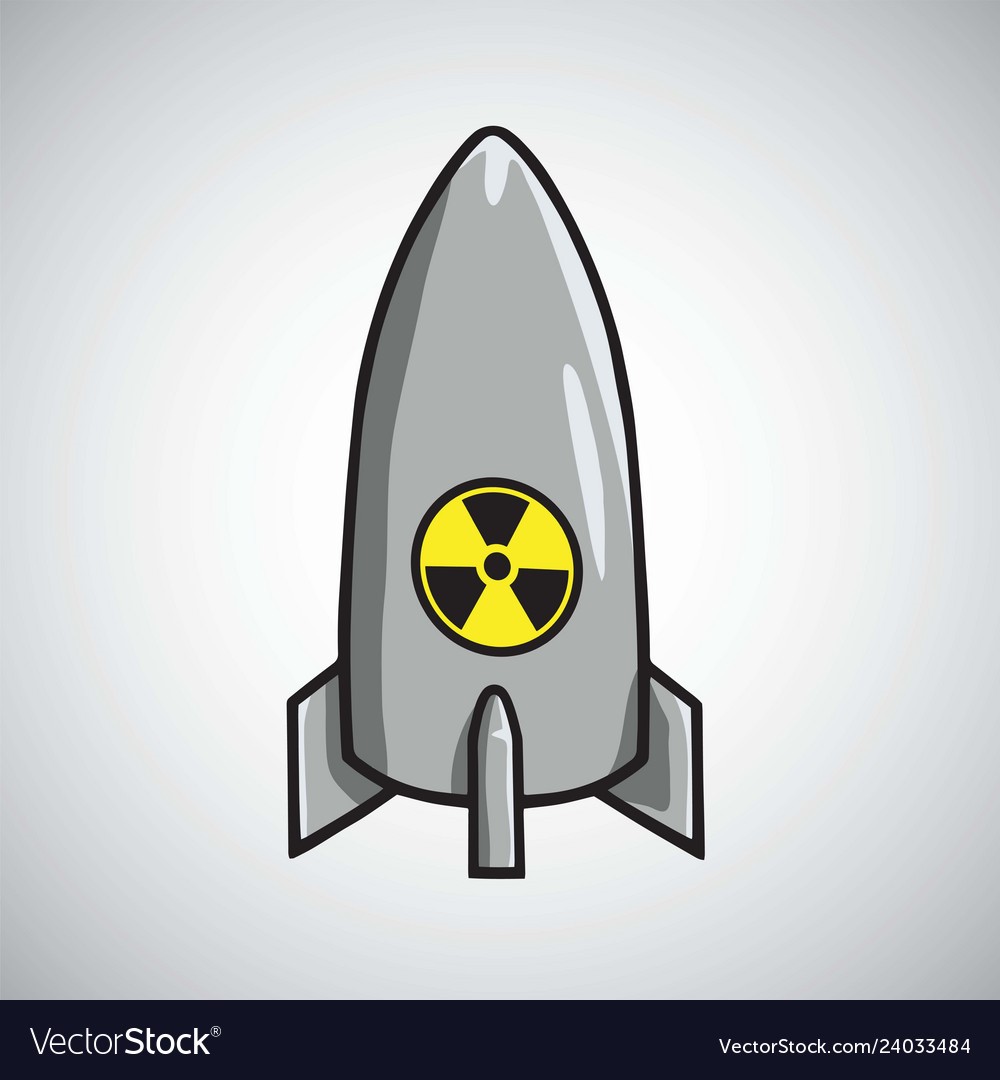In world politics, a new era has begun due to global power shifts. This, at least, is the presumption that has emerged in the United States’ discourse over the last few years and was also incorporated in the Biden Administration’s Interim National Security Strategic Guidance of 2021. According to this document, Russia and China are considered significant threats to the US. Both countries are seen as “revisionist” states, attempting to alter the international system in their favor and seeking their spheres of influence. Five major national security challenges which are identified in the interim strategic guidance are transnational security threats, deterioration of democratic norms, threats arising from evolving global power distribution and the rise of China, challenges to the liberal international order, and transformative technological advances posing security risks at multiple levels.
Strategic competitiveness with a growing China and a resurgent Russia have always been the pivot point in the US security policy discussion. There had been a lot of speculation about a “new age of great power contests” or a “return to great power rivalry,” with terms like “aggressive Russia” and “assertive China” being debated. The revival of nuclear deterrence in the context of US-China rivalry emerged as a central theme after the end of the Cold War. Nuclear deterrence has historically served to discourage future adversaries not only from threatening the US, but also from attacking its allies under its nuclear umbrella. And for decades, this idea of extended deterrence had a profound effect on the US policy on nuclear weapons. What are the implications for the US and its allies under threat of Russian and Chinese nuclear attacks? What options are there for preventing nuclear proliferation in case US deterrence fails against these states? And, in the event of any conflict particularly nuclear war, how can the risk and potential damage to Washington and its allies be reduced? These questions still need to be addressed in the shifting global power politics.
Since deterrence helps to sway potential adversaries’ motives as well as their cost-benefit considerations. Declared policies on nuclear weapons, statements by heads of respective states on the role of nuclear weapons to warn adversaries and reassure allies is critical in this regard. These claims are also formulated with what is referred to as “calculated uncertainty” when it comes to the first-use of nuclear weapons. The US does not rule out first-use, but its doctrine does not stipulate the circumstances in which the use of nuclear weapons in the first place might occur. It merely states that the nuclear option would be exercised in unusual conditions that may harm the US and its allies’ vital interests. These unusual conditions also include non-nuclear attacks such as cyberattacks on critical infrastructure, nuclear weapons and command and control facilities etc.
The US nuclear policy under Barack Obama’s administration was based on acquiring no new nuclear weapons or nuclear capabilities. However, the number of US nuclear arsenal was enhanced as part of the modernization plan despite the New START signed with Russia back in 2010. Nuclear arsenal was further enhanced under the Trump administration. Trump’s policies regarding seeking advanced nuclear capabilities such as low-yield nuclear weapons and engaging in hypersonic weapons reflects how the US’ capabilities and strategies run counter to a static nuclear posture based on the policy of no new nuclear capabilities. Now, the new Biden administration has indicated nuclear proliferation as one of the global challenges in the Interim National Security Strategic Guidance of 2021. His policies pertaining to nuclear weapons and arms control seem to have be sharply different as compared to Trump’s nuclear policies, for instance, revival of new START and nuclear deal with Iran. The Biden administration is also looking forward to new arms control arrangements, as well as reducing the role of nuclear weapons keeping in view non-nuclear threats such as the cyberattacks, and meaningful dialogue with Russia and China.
According to the Chinese declaratory nuclear policy, it has so far opposed the first use of nuclear weapons. Instead, it relies on a minimum deterrent policy largely dependent on its ability to respond. However, there is a growing concern in China that the US’ development of I2SR capabilities, its conventional Prompt Global Strike and Missile Defense programs, could affect the credibility of China’s second-strike capability. In order to address these challenges, China is heavily spending on emerging technologies to counter these US threats. This changing US nuclear policy has influenced Chinese strategic calculations and has led to the development of Hypersonic Glide Vehicles and cruise missiles, Unmanned Combat Aerial Systems and advanced cyber capabilities.
In the current geostrategic environment, it is yet to be seen whether the United States will consider an engagement policy in the interests of risk mitigation, crisis management and confidence building or continue to accelerate the dangerous great power competition with high risk of nuclear escalation. One hopes that its Indo-Pacific strategic ambitions are restrained with wisdom and responsibility.
Etfa Khurshid Mirza is a researcher at the Centre for Aerospace & Security Studies (CASS), Pakistan. Her area of interest are emerging technologies and their impact on warfare, and nuclear safety and security. She can be reached at @sky_limiter




